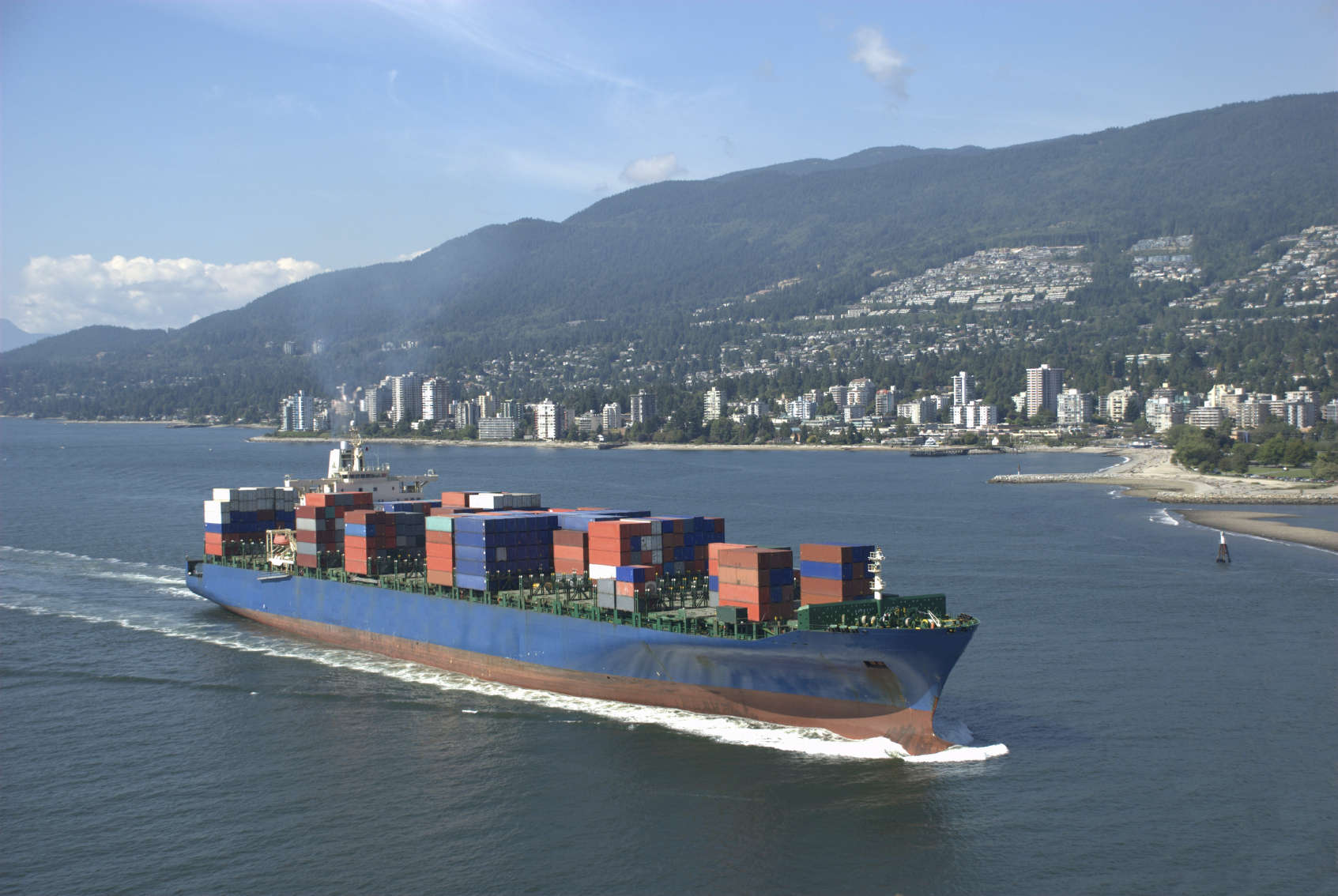After a turbulent 2015, the logistics industry is bracing itself for continued volatility in 2016. The forecast is filled with both positive and negative outlooks. On the one hand, 61% of logistics executives surveyed said that they were unsure of the direction of the global economy. On the other hand, however, roughly the same percentage (59.7%) of these executives expects to see a 4.7% growth in emerging markets. These authentic results came from surveying 1,100 global logistics and supply chain executives who participated in the 2016 Agility Emerging Markets Logistics Index. The 7th annual index is supposed to offer a draft of the state of the logistics industry while ranking the world’s 45 leading emerging markets based on their size, business conditions, and infrastructure.
Some of the more specific predictions for the economy of logistics in 2016 see India for the first time surpassing China as the country with the greatest growth potential. Furthermore, the overall Index rankings saw India climb to number three behind China (1st) and the United Arab Emirates (2nd) in the logistic world. Other shifts in the Index saw Malaysia (4th) hop over the economies of Saudi Arabia (5th), Brazil (6th), and Indonesia (7th). The biggest gains in the Index were made by Nigeria (17th) and Egypt (22nd) who both climbed ten spots, the largest jump the seven years of rankings. Other findings of the 7th annual index showed that the UAE (Arab Emirates) had the best business climate despite being 1/25th the size of China’s and 1/5th the size of India’s economy. Additional Gulf states such as Qatar, Oman, and Saudi Arabia also boast having the best business conditions in the world. Also discovered was that Latin American countries fell the furthest due to recession and political turmoil especially in Brazil, Peru, Argentina, Uruguay, Colombia and Venezuela. Russia fell from 7th to 9th in the index due to its sanctions from Western countries because of their backing of rebels in Ukraine.
With all these various changes in the index, executives don’t anticipate the logistics industry to stabilize in 2016 for a few key reasons. Firstly, fluctuating oil prices and China’s economy are the biggest risks to the global economy this year. The concern is that a slowdown in China could very well have a ripple effect on regions in the Asia Pacific whereas in past years industry executives said their largest threats were natural disasters and corruption. A positive change that logistic executives foresee stems from increased consumer spending in Africa rather than a dependence on minerals and energy. The most promising of these African markets is Nigeria, South Africa, Ghana and Kenya. Another sleeper in the logistic world is Iran; as a result of curtailing their nuclear program, Iran very well could resurface from its economic isolation. Amongst countries with the potential to grow the most as a major logistic market, Iran moved up from 27th to 15th. The results of this index can help provide some clarity into an industry that is unfortunately at the whim of a global economy that is complex and ever-changing at the moment.
- 60shares
- 59LinkedIn




